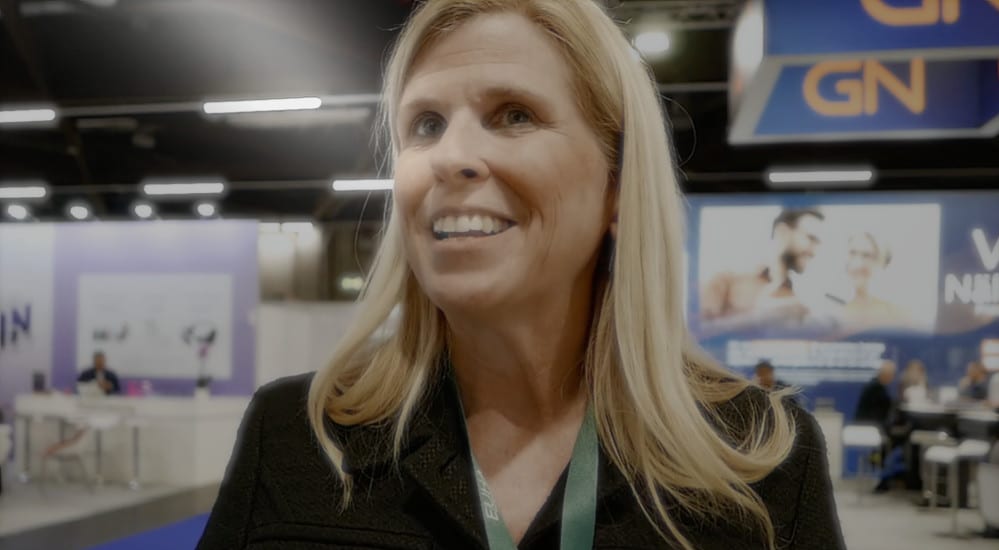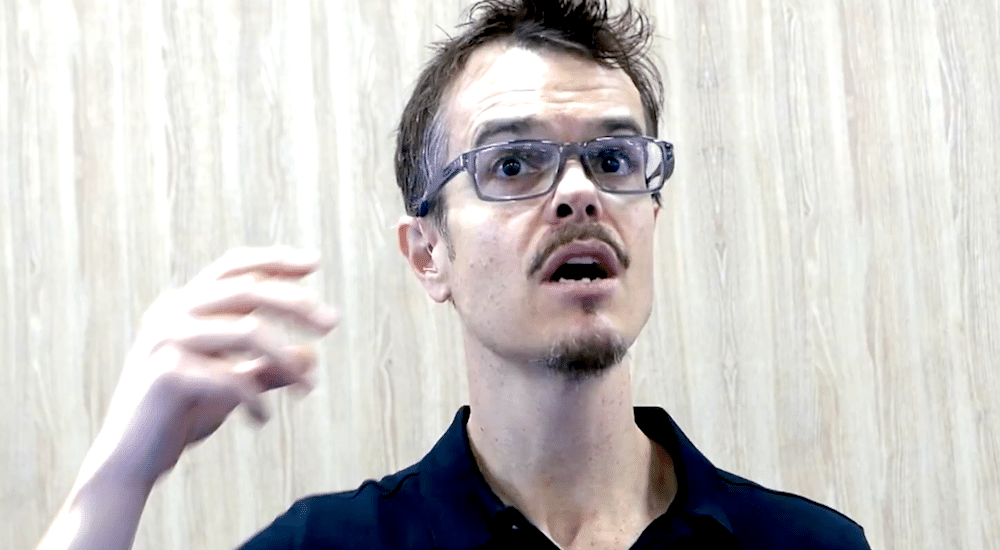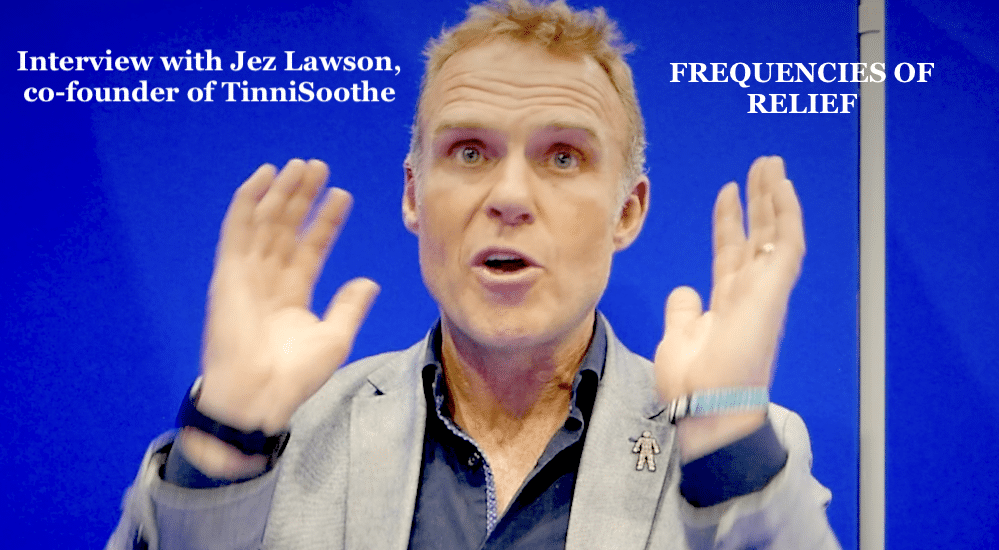Demant's divestment of Oticon Medical to Cochlear could be delayed by Australia competition regulation concerns
Danish hearing giant Demant is confident it can resolve concerns by the Australian Competition and Consumer Commission (ACCC) that its planned divestment of Oticon Medical to Cochlear may have a negative impact on implant consumers by lessening competition, reducing innovation, and pushing up prices.

Back in April 2022, Demant announced that it would be turning over its hearing implants business, Oticon Medical, to Sydney-based Cochlear for a a price of DKK 850 million (US$122.3m), arguing that the effort to make its (Demant’s) implant business a global leader would mean “significant dilution of the Group’s profitability”.
That deal was expected to be finalised by H2, 2022. It was always subject, however, to approval by regulators, and on December 1 the ACCC outlined significant preliminary competition concerns with the acquisition by Cochlear of Oticon Medical. The ACCC has released a statement of issues, inviting submissions from interested parties by 5pm on December 22, 2022.
Fears of a significant negative impact on Australian consumers
Under the Demant-Cochlear deal, the latter would continue to service the former’s cochlear implant customers, taking over from the Danish group the manufacture and supply of non-surgical bone conduction devices, surgical bone anchored devices, and cochlear implant hearing devices.
“There are few suppliers of these devices globally. In Australia, Cochlear and Oticon Medical are two of only three suppliers of non-surgical bone conduction and bone anchored devices, and two of only four suppliers of cochlear implants,” points out the ACCC.
“Although Oticon Medical has a much smaller presence in Australia, we have significant concerns that the proposed acquisition will remove one of Cochlear’s few competitors in the supply of these three types of hearing devices in Australia,” the ACCC underlines.
The regulator has raised concerns that a concentration of supply in Cochlear’s hands might “substantially lessen competition in already highly concentrated markets, which may lead to higher prices, reduced service levels and reduced innovation.”
Implications for the future of hearing loss technology?
The ACCC’s fears embrace hearing loss technology in general. The regulatory body argues that “a reduction in innovation would significantly impact the timeliness, choice and/or quality of devices and technologies available to those with hearing loss in the future.”
However, the concern is sharply focused on the implants sphere. “These devices are critically important in providing choice to consumers with hearing loss about the way they manage their hearing needs,” said ACCC Chair Gina Cass-Gottlieb.
“Market feedback has indicated that demand for these devices is likely to increase and so it is important to ensure acquisitions in this market do not lead to higher prices or reduced innovation over time,”continued Ms. Cass-Gottlieb.
A complex case, but Demant still expects successful completion
Demant anticipated these regulatory steps and remains confident that things will go according to plans. “Demant has taken the decision to discontinue its Hearing Implants business and negotiated an agreement with the intention to divest its Hearing Implants business, Oticon Medical, to Cochlear Limited,” explained Trine Kromann-Mikkelsen, Vice President of Corporate Communication & Sustainability at Demant.
“It is still our strategic decision to discontinue our Hearing Implants business area as we believe it is in the best interest of both patients and customers, and we stand by our agreement to negotiate with Cochlear, the global leader in implantable solutions for hearing loss,” continued the Demant spokesperson.
“The ACCC has announced its first phase investigation including a decision to refer the investigation of the divestment of Oticon Medical to Cochlear to the next phase,” she continued. “This phase includes public consultation to support their final decision on the divestment and the concerns they raise. These steps in the transaction process are in line with what we can expect in a complex case, and it does not change our expectations of the final result or the timing of the divestment. We believe we can meet and respond to the concerns and we will continue to address the matters raised.”
Spanish regulator concern
Spain’s competition regulator, the Comisión Nacional de Los Mercados y La Competencia (CNMC) also has concerns about the Cochlear acquisition of Oticon Medical. The legal news site, MLex, has reported that the case could be reviewed by the European Commission. The matter (case no. C/1347/22)was looked at by the Spanish CNMC’s competition committee on October 26 but no agreements were adopted. The case was marked as a proposal for resolution.
Source: ACCC/Demant/MLex
 Sign in
Sign in

